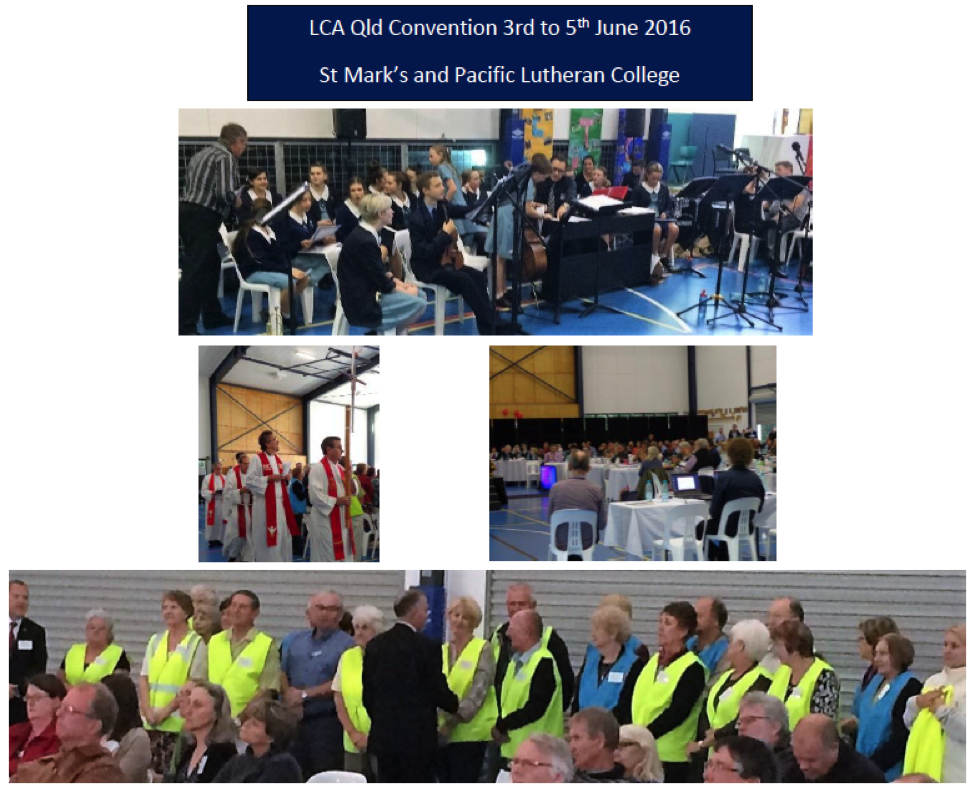There are two ways we can frame our expectations within our relationships, families and communities. Language is a subtle and powerful tool in the shaping of our relationships. It can promote growth and engagement or restrict it. In all relationships there are expectations and boundaries. There are times where simple, clear statements of what we should or should not do are important and provide safety. We can quickly come up with a list of these. Generally, they relate to matters of safety or good order for others and ourselves. At others times, we could choose to frame our expectations in a broader, growth-oriented way that grows the capacity to develop discernment and an inner moral compass. The framing of the College’s guidelines for our interactions with each other involves both simple, clear directions and broader statements such as ‘respect others’. Instead of an extended list of required behaviours in a variety of contexts, there is an expectation of personal decision-making and growth of discernment as to what this statement means in action.
In the Bible we find both types of statements as important guides for our lives. The Ten Commandments provide clear statements of what we should and should not do. We also see broader statements such as Jesus’ reflections of the two great commandments as being “love your God with all your heart” and “love your neighbour as yourself”, which challenge us to think about what living these commands might look like in our daily life. There is the expectation of discernment and personal responsibility and action. As we use our words to guide others, it is important that we are mindful of times where clear direction is required and those times where broader statements may provide greater space for growth.

 Over the weekend, the College joined with the St Mark’s congregation to host the Lutheran Church of Australia Queensland District Synod. Together, the Pacific community and St Mark’s congregation were very welcoming hosts. It is a delight to be part of a community where we respond generously to the invitation to help others. Thank you to everyone for your support of this important event. A particular thank you to Mr Mike Healy for his very significant part in the oversight and organisation of the event, our grounds and IT staff, parents, staff and students for their leadership of the music, the hospitality staff and students and parents who provided general assistance.
Over the weekend, the College joined with the St Mark’s congregation to host the Lutheran Church of Australia Queensland District Synod. Together, the Pacific community and St Mark’s congregation were very welcoming hosts. It is a delight to be part of a community where we respond generously to the invitation to help others. Thank you to everyone for your support of this important event. A particular thank you to Mr Mike Healy for his very significant part in the oversight and organisation of the event, our grounds and IT staff, parents, staff and students for their leadership of the music, the hospitality staff and students and parents who provided general assistance. 
 Uni Industries has come on board to support OCEANfest this year! Uni Industries is a family owned and operated local business with over 30 years experience in residential and commercial solar, electrical and air-conditioning. Uni Industries loves to give back to their local community and as such, would like to offer Pacific families a special deal: receive two free panels with any new solar system purchased! Just mention ‘OCEANfest’. Terms and conditions may apply. To find out more, contact: (07) 3285 7776 or visit:
Uni Industries has come on board to support OCEANfest this year! Uni Industries is a family owned and operated local business with over 30 years experience in residential and commercial solar, electrical and air-conditioning. Uni Industries loves to give back to their local community and as such, would like to offer Pacific families a special deal: receive two free panels with any new solar system purchased! Just mention ‘OCEANfest’. Terms and conditions may apply. To find out more, contact: (07) 3285 7776 or visit: 







